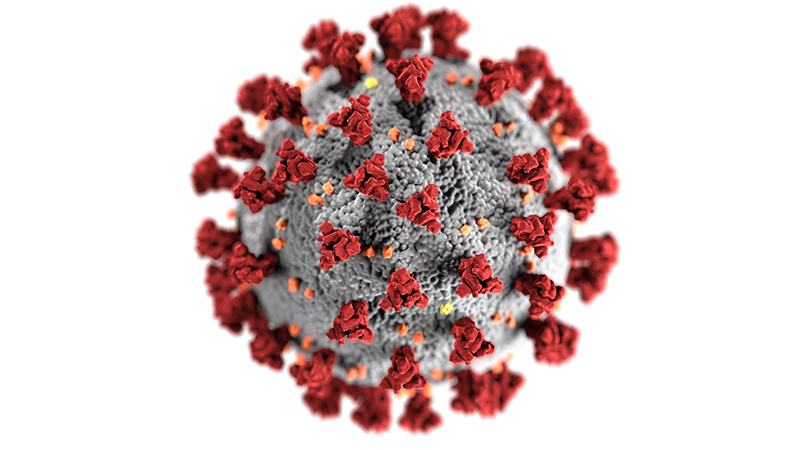Infection
Over 75% of Canadians Have ‘Natural’ COVID Immunity via Infection: Reports

As the travel industry continues to recover from the pandemic and anticipates another COVID season this fall, with public health warnings about protecting Canadians’ health, Canada’s COVID-19 Immunity Task Force (CITF) reports that, as of MAR, 2023, three-quarters of the nation has achieved some immunity to the virus due to being infected by it.
In the CMAJ (Canadian Medical Association Journal), CITF reports on a study assessing the prevalence of Canadians’ immunity as a result of both infections and vaccinations.
Before the emergence of the Omicron variant, Canada’s infection rates remained relatively low, mirroring trends in Europe and the U.S. Infection-based immunity was less than 0.3 per cent in MAY 2020, and only 9 per cent by NOV 2021. It rose to 47 per cent in mid-2022, but with the arrival of the highly-contagious Omicron variant, infection-based immunity surged to 75 per cent by MAR, 2023.
The research highlighted the necessity for public health approaches to be attuned to local variations in immunity patterns, with the report suggesting that pandemic policies were able to stem infections and prevent a collapse of the health care system as the virus modified and spread.
Following the rapid increase of infection-based immunity during the Omicron surge, the pace of acquiring infection-based immunity has moderated since Spring 2023.
The COVID virus continues to evolve, and as Reuters reports, a new vaccine is due to be released at least in the U.S. in SEP for the latest “Eris” variant of the virus, which is causing a new increase in hospitalizations, although health experts there expect uptake of the most recent vaccine to be much lower than during the height of the pandemic.
In Canada, health experts are recommending Canadians get a COVID booster this fall as new vaccines become available targeting “more recent, immune-evasive SARS-CoV-2 variants.”

